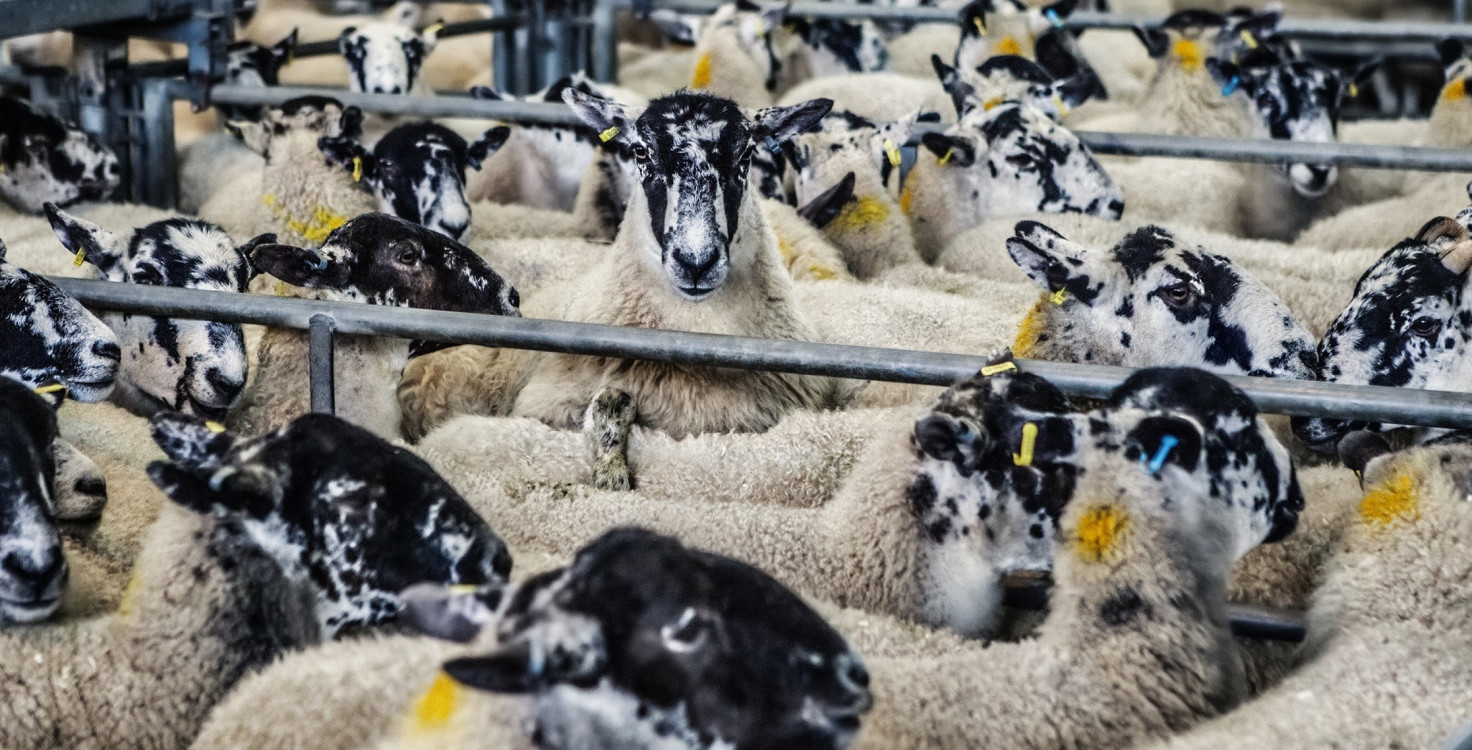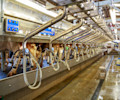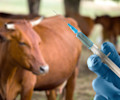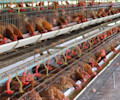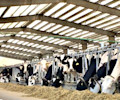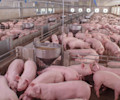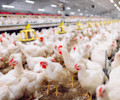New research identifies factory farming as high-risk – Press release 9 December
* Investors with almost half a trillion dollars AUM join new Farm Animal Investment Risk & Return (FAIRR) Initiative.
* But most investors are failing to consider risks
* Factory farming exposed to 28 sustainability risks including health pandemics such as avian flu, exactly 1 year on from US outbreak
(New York, 09 Dec 2015), A new research report today reveals how the rapid growth of factory farming presents potentially enormous financial risks to the investment community. The report shows that 70% of the world’s farmed animals are now factory farmed, and that this growing sector is exposed to 28 environmental, social and governance (ESG) risks. The report is produced by the investor-led Farm Animal Investment Risk & Return (FAIRR) Initiative.
The research highlights how factory farming is already impacting valuations:
$3bn of economic damage caused by avian flu in the US — which broke out exactly one year ago and was catalyzed by factory farming. 40 countries place bans on US poultry and food companies.
Investors in McDonalds and KFC were hit by a $10.8bn loss of market cap in 2014 due to a food safety scandal at a Chinese supplier.
The risks of factory farming’s overuse of antibiotics, with 80% of all antibiotics in the US now used in factory farms.
The sector’s exposure to climate change impacts long-term value, with a 21% rise in cattle costs predicted due to heat stress. Livestock sector responsible for 5% of greenhouse gas emissions, more than the transport sector.
Animal welfare issues led to the largest meat recall in US history, and bankruptcy for meatpacker Hallmark/Westland in 2012.
Jeremy Coller, founder of FAIRR and a successful private equity investor said,
“This report highlights the blind spot most investors have when it comes to understanding and managing the risks that factory farming poses to portfolios. This research is the first to look at the industry through an ESG lens and the alarming results raise a red flag to major investors across the world.”
“Factory farming is a massive consumer of natural resources, emitter of greenhouse gases and tends to fast-track the spread of pandemics such as avian and swine flu. It’s already impacting valuations and is a model that is not sustainable for long-term investors.”
On antibiotics, he added,
“The overuse of antibiotics is perhaps the most clear and present danger for investors to monitor and manage. Factory farms routinely dose farm animals with antibiotics so they can tolerate the overcrowding, but this is enormously shortsighted and has led to scientists and leaders warning of threats to human health due to antibiotic overload and reduced immunity_. Consumers, regulators and businesses are all waking up to these risks and investors urgently need to up their game.”_
Investors becoming aware
The FAIRR Initiative which produced the research, launched in June this year and reports that it already has signatories managing over $440bn of assets as part of its network.
Today’s research also highlights emerging evidence that integrating these ESG issues into the investment process creates opportunities for investors. For example:
Ethical sourcing standards at restaurant chains, like Chipotle, have historically delivered good results for investors”
Companies developing plant-based alternatives to meat and dairy products are thriving. For example, egg-free products producer Hampton Creek has been described as the fastest-growing food company in history.
Fiona Reynolds, Managing Director of the UN-supported Principles for Responsible Investment (PRI) added:
“This research will be enormously helpful in highlighting for investors the very real material risks around factory farming. It also sends a powerful message that failure to look at environmental, social and governance (ESG) issues can cause reputational and financial damage to any business. Along with issues such as climate change, investors need to consider farm animal welfare issues as part of investment research. I expect this issue to move to the top of investor agendas in the coming years.”
Abigail Herron, Head of Responsible Investment Engagement at Aviva Investors, a signatory of FAIRR, said:
“This research shines a light on the pace at which the global factory farming sector has grown, and the scale of the challenges it faces. From its enormous carbon footprint, to its overuse of antibiotics and its links with unsafe meat, it’s clear that the factory farming sector is exposed to a wide range of potentially material risks. To protect long-term value, investors need to do more to take these risks off the menu.”
Notes to editor<br />For more information or for exclusive interviews with the FAIRR team please contact:
Elliot Frankal, ESG Communications t: +44 7989 524780 | e: elliot@esgcomms.com; or
About FAIRR
The FAIRR Initiative is a collaborative investor network. It aims to raise awareness of the material impacts farm animal welfare issues can have on investment portfolios; and works to help investors share knowledge and form collaborative engagements on issues related to farm animal welfare. www.fairr.org
